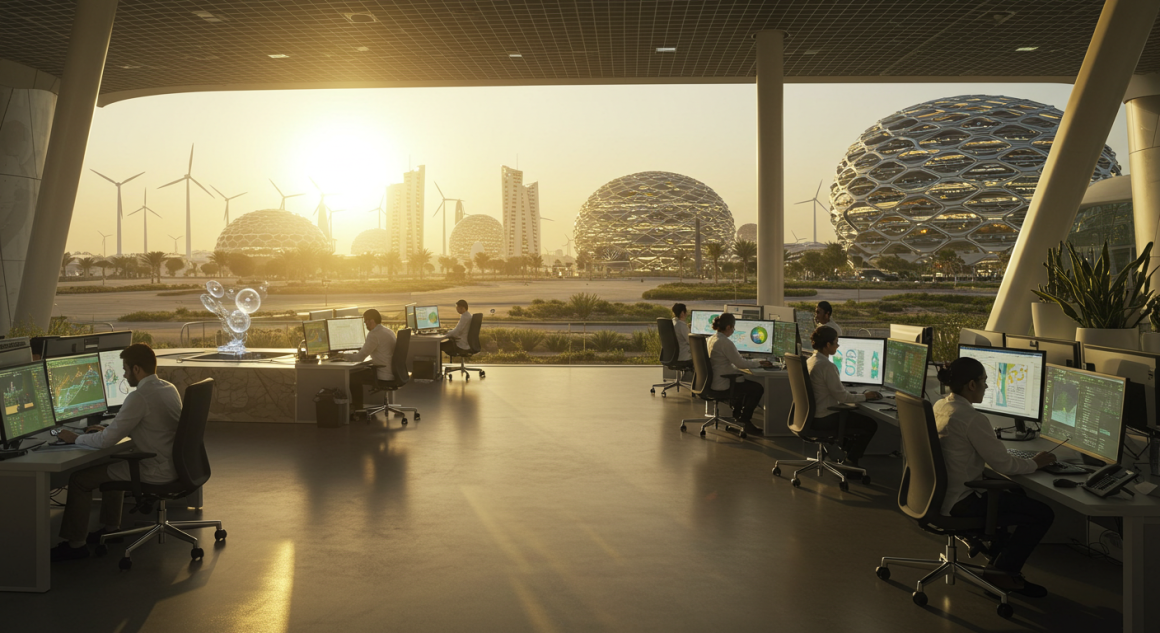Walk through the sun-dappled courtyards of Mohamed bin Zayed University of Artificial Intelligence, and you won’t hear the frantic clatter of keyboards or the stressed murmurs of all-nighters. You’ll hear something far more profound: the quiet hum of focused thought, the soft click of a robotic arm calibrating in a lab, the murmur of a student from Kenya debating neural networks with a peer from Estonia — all under the watchful, benevolent gaze of Abu Dhabi’s golden light. MBZUAI isn’t just a university; it’s a carefully cultivated ecosystem, a greenhouse for the most delicate and powerful of intellectual blooms — artificial intelligence. Forget the dystopian tropes. Here, AI is a paintbrush, not a weapon. A student from the UAE, her hijab a splash of color against the minimalist architecture, isn’t training an algorithm to surveil; she’s teaching it to diagnose diabetic retinopathy from retinal scans, potentially saving millions of sight-years in underserved communities. A Ph.D. candidate from Brazil, hunched over lines of code, isn’t building a killer robot; he’s refining a natural language processing model that can translate ancient Arabic poetry into nuanced, lyrical English, preserving cultural heritage for a global audience. The “fully funded scholarship” isn’t just financial aid; it’s an invitation — a declaration that brilliance, wherever it sparks, deserves a home here. The 5:1 student-to-faculty ratio isn’t a statistic; it’s a promise of mentorship, of guidance from minds who’ve shaped the very field. Professor Timothy Baldwin’s anticipation of the “largest cohort yet” isn’t about numbers; it’s about the exponential growth of a global brain trust, 31% of whom are women shattering the silicon ceiling. The campus gym and pool aren’t perks; they’re acknowledgments that the mind that reshapes the world needs a body that’s cared for. And the 212 graduates who chose to stay in the UAE? They aren’t employees; they’re the first seeds of a forest. They’re the ones embedding ethical AI frameworks into government policy, launching startups that optimize solar grid distribution, or advising hospitals on predictive patient care models. Masdar City, often billed as a “sustainable city,” finds its truest sustainability in these scholars. Their algorithms, their theses, their quiet collaborations in the library — these are the renewable resources that will power not just the UAE’s future, but the world’s. In this desert oasis of intellect, the future isn’t being predicted. It’s being patiently, brilliantly, coded — one line, one breakthrough, one diverse, brilliant mind at a time.


Leave a Reply
You must be logged in to post a comment.